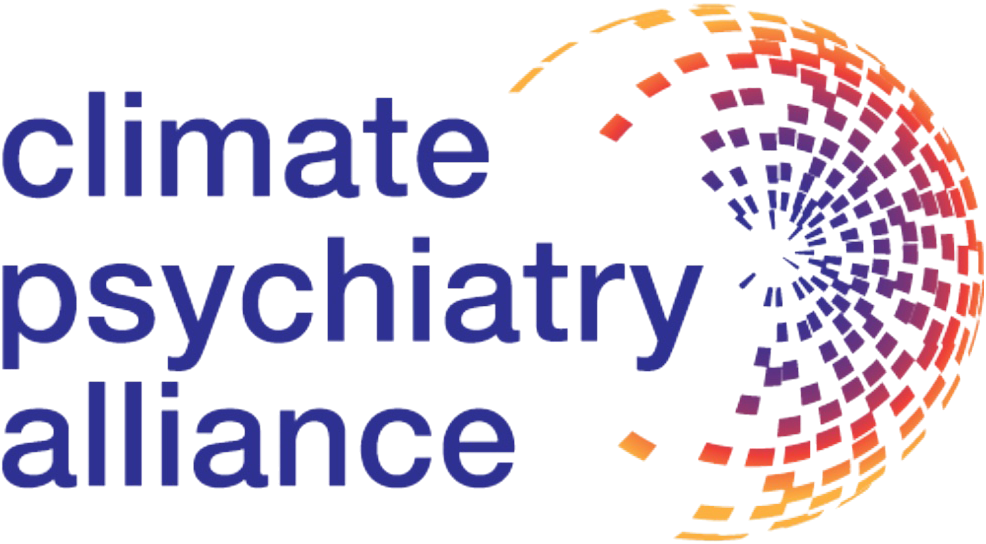Transformational Resilience
What is Transformational Resilience and how does it apply to the mental health and public health responses to the impacts of climate change?
David Pollack, MD
The traumas resulting from more frequent and intense storms, floods, wildfires, heatwaves, droughts, and other acute and slower-moving disasters, as well as chronic toxic stress (caused by property, environmental, and social losses, injuries and deaths, emerging or more prevalent illnesses, and other impacts generated by climate change) create and aggravate serious bio-psycho-social-spiritual problems. These impacts are felt at all levels: individual, family, neighborhood, community, region, nation, global. The mental health impacts are well documented in other CPA position statements and include anxiety and mood disorders related to direct environmental impacts, as well as overarching worries about the future, direct impacts on persons with psychiatric conditions derived from the effects of increased temperatures, air pollution, and the breakdown of social order. Many of these impacts are further exacerbated or poorly treated when and if denial of the reality or immediacy of climate change drives social norms or public policies.
Preventing these harmful reactions is an essential component of the public health response to climate change. Rapid reductions in carbon emissions must be a top priority, as is preparing human-built infrastructures and natural resources to withstand and adapt to climate impacts.
Equally important, but generally unacknowledged and unaddressed, is the urgent need to proactively build the capacity of individuals, families, organizations, and entire communities to cope with climate adversities without harming themselves, other people, or the natural environment and to use these adaptive efforts as transformational catalysts to increase social, psychological, and ecological wellbeing. This can be accomplished by launching programs explicitly focused on building Transformational Resilience.
It is essential to improve mental health response systems to address the coming challenges. The most harmful bio-psycho-social-spiritual impacts of climate disruption are caused by persistent overwhelming toxic stresses, not just acute disasters. Comprehensive preventative Transformational Resilience building initiatives must be rapidly launched throughout the nation and worldwide. The common definition of resilience as the capacity to "bounce back" to pre-impact conditions will become irrelevant as climate change progresses. Even if the inhabitants of this planet make the essential changes soon enough to curb or even reverse the environmental impacts of climate change, there is convincing evidence that the mental health impacts will be the slowest to recover. The goal of preventative Transformational Resilience initiatives must be to empower all adults and youth with the capacity to: a) think and act in healthy ways even in ongoing unhealthy conditions and; b) use adversities as transformational catalysts to find meaning, direction, and hope in life; and c) to remain actively involved in constructive climate change initiatives, if we are to continue to thrive and maintain a “good enough Mother Earth”.
Specific goals and initiatives of Transformational Resilience are detailed elsewhere, but they require collaborative efforts at the individual, organization, and community levels, requiring participation from numerous areas of expertise, including mental health and substance use, public health, psychological trauma, environmental and social justice activism, and faith communities, to mention a few.
Content adapted and excerpted from work by Bob Doppelt, accessed at: http://www.theresourceinnovationgroup.org/transformational-resilience/
Doppelt B, (2016). Transformational Resilience: How Building Human Resilience to Climate Disruption Can Safeguard Society and Increase Wellbeing. Greenleaf Publishing.


